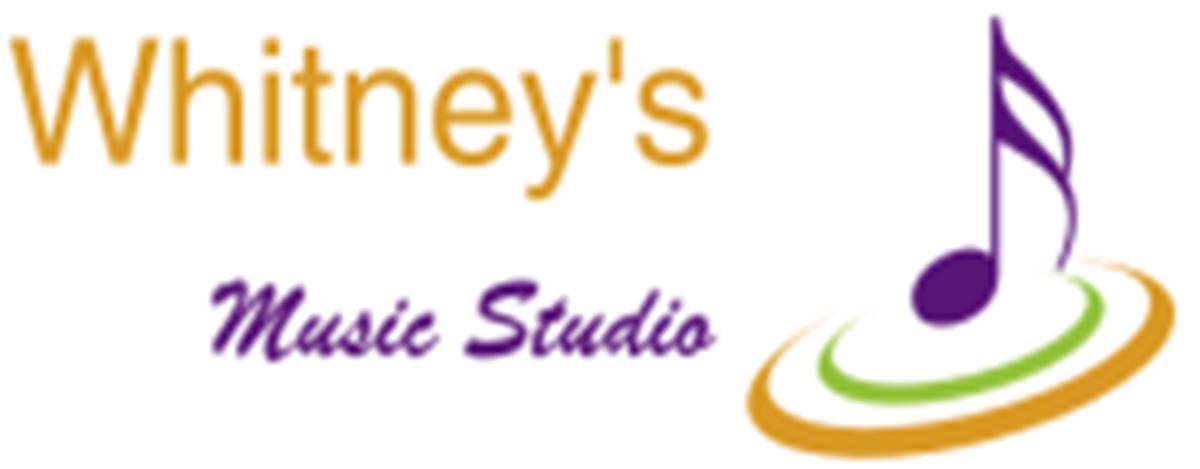|
Music Magic
Intelligence begins with the tiniest, instantaneous zzzaaapp.
Think of neurons, the fundamental functional units of
nervous tissue, and synapses, the points where electrical
impulses connect them.
In a newborn, a jungle of these reddish-gray neurons begin
without paths, waiting for direction, waiting for connections
to link them. Each smile
registered in a baby's
mind, each touch, each tone creates pathways that ultimately
decide the fate of the tiny body that encompasses them.
The more synapses, the better; the more precise firing
by brain neurons, the better for the development of though
processes and, it seems, things parents worry about, like
school success or test scores.
Neurobiologists pinpointed the areas responsible for math and
musical abilities, close together in the brain's cortex.
Development in this area helps with complex functions
like math or logic or out-of-the-box thinking.
Interest in music and brain development sparked
research beginning in the mid-1980s.
Now findings point to the importance of the link.
In one
study, children who received keyboard training were compared
to their musically untrained peers (including
computer-trained children).
According to Frances Rauscher,
Ph.D., and Gordon Shaw, Ph.D., University of California,
Irvine, after eight months of keyboard lessons, preschoolers
showed a 46 percent boost in their spatial IQ, which is crucial
for higher brain functions such as mathematics.
Children, who received singing or computer lessons, or
no lessons, did not improve significantly on
spatial-recognition tasks. Young
adults were also tested.
"Mozart's Piano Sonata was found to significantly
increase spatial scores of college students on IQ
tests when the Sonata was listened to….dubbed the Mozart
Effect," concluded Rauscher and Shaw in 1993.
The Mozart Effect, however, only lasts 10 minutes, so
it's probably best to start tinkering with cortex circuitry
when kids are still young.
While
Rauscher's research indicates that music helps development in
the right side of the brain, German researchers concluded
that the left side benefits. The
College Board
states in the 1995 Profiles of SAT and achievement test takers
that students with course work or experience in music
performance scored 51 points higher on the verbal portion of
the SAT and 39 points higher on the math portion.
Early Experiences
The
discordant clicking of metal on metal is joyfully produced by
the brute force of a 22-pound source of energy sitting on the
kitchen floor. Chubby fingers of
one hand clench the
handle of a pot, and the other is tightly wound around a
serving spoon. The
mind-piercing clamor probably hurts their heads too, but
fortunately a brain development overrides the pain.
Sooner of later, all's quiet.
Lingering smells of a baby's bath swim through
hallways. Whispered lullabies
soothe as a small head rests on a chest, counting breaths
while being rocked to sleep.
Neurons continue precision shooting.
Hands clap to greet the morning, and crib springs
bounce to the rhythm of a toddler's sunrise serenade.
More Neurons Making Paths
Researchers say the learning window associated with the logical
brain, which includes math and music circuitry, is birth to
four years. Experts warn that
children should only take music lessons if they're really
interested. Drums and strings can
be taught as early as age three of four, but most wind
instruments need the more mature respiratory tract of a 9 or
10 year old to be effective.
If a
child is uninterested in the more structured approach, slip
music into their lives in other ways - attend musical
performances, turn on background music at home, keep tin
whistles, kazoos and harmonicas handy, make instruments from
recycled house-stuff on rainy days, let them drum and encourage
them to sing or hear you drum and sing.
Remember that pushing can backfire.
|
